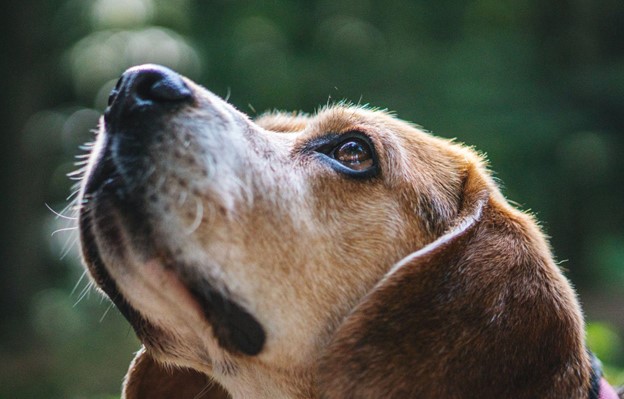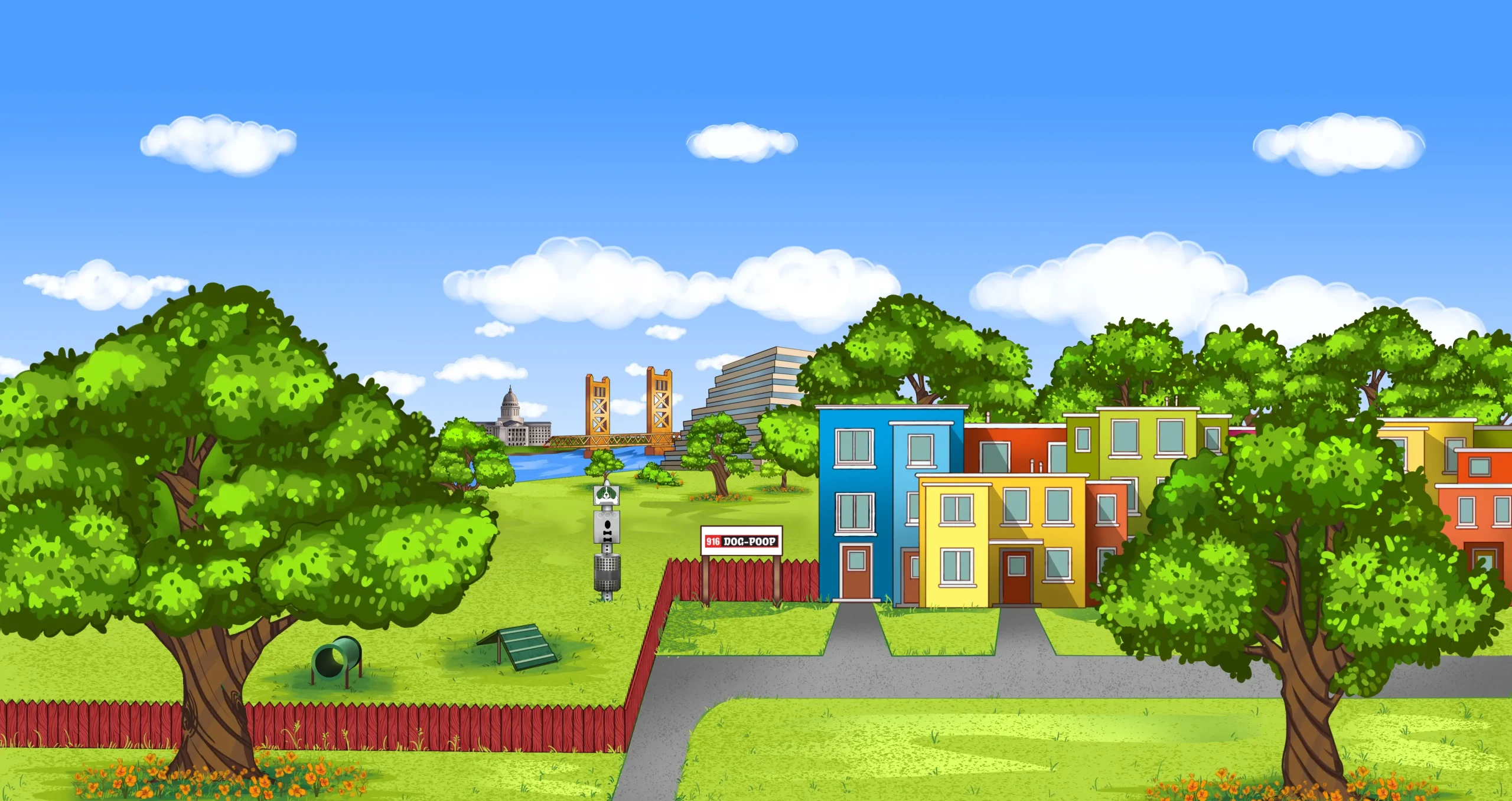This article is courtesy of Poop Away in Peabody Massachusetts
As our beloved dogs enter their senior years, they require more than just our love; they need our understanding and special care. This gentle phase of life brings with it changes in their health, behavior, and needs. Caring for a senior dog is a rewarding experience that deepens the bond we share with our furry friends.
As dogs age, their energy levels often decrease, and they may develop various health issues. It’s crucial to adjust their environment and routine to match their changing abilities. Start with their living space. Ensure their bed is comfortable and easily accessible. Orthopedic beds can provide extra support for aging joints. Keep their food and water bowls within easy reach and consider elevating them to reduce strain on their neck and back.
Regular vet check-ups become increasingly important for senior dogs. Age-related conditions like arthritis, dental disease, and vision or hearing loss can be managed more effectively with early detection and treatment. Your vet can also advise on a diet that suits their aging dietary needs, often lower in calories but rich in nutrients to support joint health and cognitive function.
Exercise is still important for senior dogs, but it should be gentle and suited to their pace. Shorter, more frequent walks are better than long, strenuous ones. Swimming can be a great low-impact exercise if your dog enjoys water. Always watch for signs of fatigue or discomfort during activities.
Mental stimulation remains crucial for older dogs. Keep their minds active with puzzle toys, gentle training exercises, or new, simple commands. This not only helps in maintaining their cognitive function but also strengthens your emotional connection.
Adjustments in grooming are also necessary. As their skin becomes more sensitive and their coat might thin, use softer brushes and gentle shampoos. Regular grooming is also an opportunity to check for any new lumps, bumps, or skin issues.
Above all, be patient and understanding. Senior dogs might require more time to get up or follow commands. They may have accidents in the house or become more vocal or quiet. These changes are normal but can be challenging. Approach them with kindness and empathy.
Caring for a senior dog is a profound journey. It’s a time filled with tender moments and opportunities to give back the love and loyalty our dogs have shown us throughout their lives. Cherish every moment, provide the comfort they need, and enjoy the unique beauty of this stage in your dog’s life.





